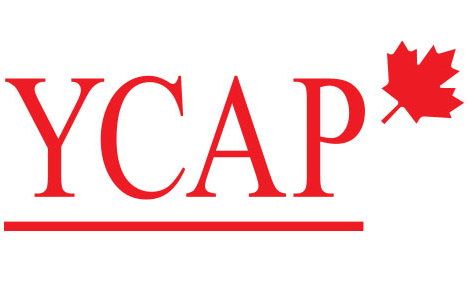10 Jun YCAP 2018 Spring Symposium: Financial Experts in Commercial Arbitration
On May 7, 2018, YCAP hosted its Spring Symposium at Burnet, Duckworth & Palmer LLP (BD&P) in Calgary. Mary E. Comeau (Calgary Energy & Commercial Arbitrators), Chris Milburn (FTI Consulting) and Dan J. McDonald (BD&P), with Joanne Luu (BD&P) as moderator, led an engaging panel discussion on the role of financial experts in commercial arbitration. Afterwards, YCAP ran its first skills-based workshop, giving us a chance to practice questioning experienced financial analysts (courtesy of FTI Consulting). The panel covered a lot of ground, but I was especially interested in their practical advice on working with financial experts. What makes for a good financial expert? What makes for a good expert report?
Arbitrators tend to ask more questions than judges, so you want someone that can stand up to intensive questioning and can explain complicated subjects in simple terms (both in person and in writing). To that end, it helps to find an expert with previous arbitration experience. The panel emphasized that the expert’s report should use an easy-to-understand writing style, leaving the more technical bits for appendices. They also recommended “sanitizing” experts by keeping interactions between you and the expert to a minimum. You can guide the expert to make sure that the report addresses the matters in dispute, but avoid having any substantive input. Arbitrators can spot a lawyer’s writing, so too much wordsmithing might raise concerns about impartiality or bias. Similarly, you don’t want your expert to stretch her opinion just to satisfy the client. An expert is more likely to persuade the arbitrator by offering a well-balanced opinion. In short, clarity and credibility are crucial.
The panel also stressed the importance of understanding the relevant rules and procedures on experts. How much control over your expert can you expect to have? Maybe the tribunal can appoint its own expert? Maybe each experts’ evidence will be heard concurrently (a.k.a. “hot tubbing”)? Make sure you and opposing counsel are on the same page early on in the proceedings.
After the panel discussion, the associates of FTI Consulting kicked off the workshop by giving us advice on how to effectively question financial experts. A few important takeaways were:
• Don’t try to beat the witness at her or his own game (remember who the expert is).
• Control the witness by avoiding open-ended questions and theoretical discussions.
• Focus on the expert’s underlying assumptions.
• Exploit issues of conflicts and bias, to the extent there are any.
• Be specific when you refer to excerpts of the expert report.
The workshop itself involved attendees splitting into smaller groups to take turns cross-examining the analysts on the contents of their expert reports. We each received detailed case materials in advance to prepare. Attendees also received helpful feedback from senior practitioners who sat in to observe each small group session. The workshop was a terrific opportunity (particularly for juniors and articling students) to work on practical skills in a low-stakes environment. I learned a lot through the process of analysing the expert reports, preparing questions, and trying to maneuver trained experts (who, frankly, didn’t make it easy at times). If you have the opportunity, I highly recommend signing up for the next workshop.
Prepared by: Michael S. Deyholos, Student-at-Law
YCAP Spring 2018 Symposium Flyer and Registration Form
